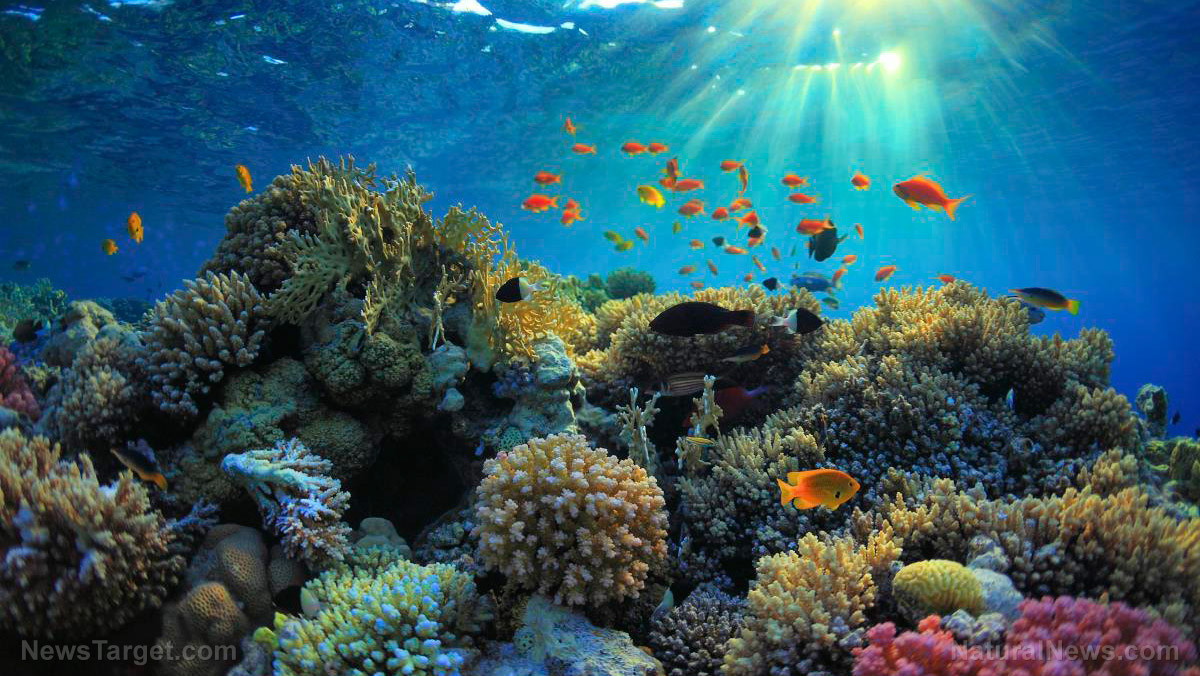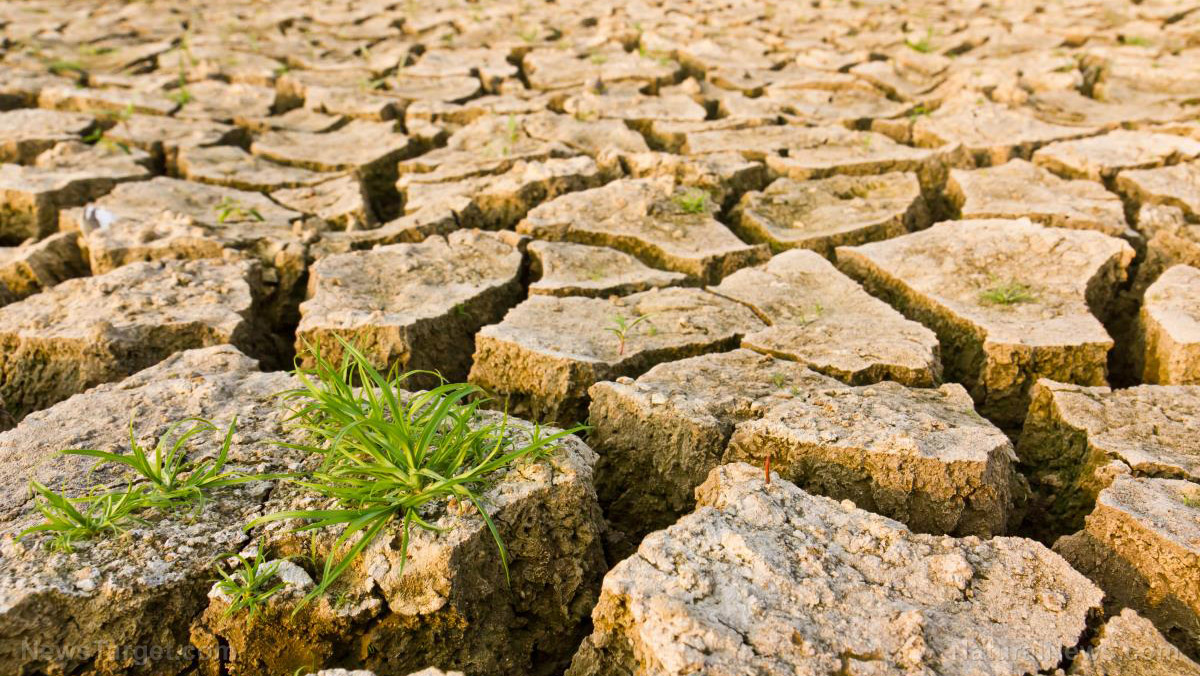Reef fish found to be surprisingly resilient to ocean acidification caused by carbon dioxide (climate change)
09/11/2017 / By Frances Bloomfield

Ocean acidification is a phenomenon that has been associated with increased dangers for species of fish, such as leaving them unable to flee from predators and enemies. This chemical reaction is the product of boosted carbon dioxide uptake from the atmosphere and results in seawater undergoing fundamental changes to its chemistry. However, a team of researchers have uncovered a surprising fact about ocean acidification: it may not be as bad as initially thought, and fish may in fact be less affected than previously believed.
The researchers used the facilities of James Cook University and the National Sea Sim Simulator at the Australian Institute of Marine Sciences to imitate a coral reef environment and its natural conditions. They managed to simulate water conditions that occurred naturally and that which is affected by human influence.
By subjecting clownfish and juvenile damselfish to changing levels of carbon dioxide, the researchers noticed that the fishes’ behavior varied depending on the conditions there were exposed to as they matured. As the researchers discussed in their study, the fish who were raised in stable carbon dioxide levels exhibited strange behavior when the carbon dioxide levels changed. Conversely, the fish who were exposed to conditions with changing carbon dioxide levels did not.
Moreover, the researchers discovered that the carbon dioxide levels surrounding coral reefs did not remain constant and were much lower during the day than at night. “Shallow water habitats where reef fish live can experience substantial natural fluctuations in water chemistry throughout the day,” said senior author Professor Philip Munday.
Lead study author and James Cook University PhD student Michael D. Jarrold added: “Our data suggest that these natural daily changes in water chemistry are enough to provide fish with a recovery period, reducing their sensitivity to higher carbon dioxide levels.”
Regardless of exposure, however, carbon dioxide levels at 1000 microatmospheres were found to affect the behaviors of all fish, meaning that there was a limit to the amount of carbon dioxide that fish could tolerate.
Still, the researchers have expressed joy about the outcome of their study. Speaking to ScienceDaily.com, Jarrold remarked: “We are thrilled about what we’ve found. Our results provide a greater level of optimism for reef fish populations in the future.”
More than just making it clear that carbon dioxide won’t be the end of all sea life, the researchers have also absolved “climate change” as the primary cause of ocean acidification. It’s a naturally occurring phenomenon, so how can its cause be pinned entirely on “climate change”? Fact is, it can’t. Constantly shifting carbon dioxide levels aren’t all that uncommon, and so many forms of sea life have acclimated to them with little issue. (Related: Ten alarming, REAL threats to the environment that are widely ignored by “climate change” advocates)
Go to Environ.news for more stories that are like this one.
Sources include:
Tagged Under: carbon dioxide, coral reef, coral reef fish, environment, Ocean Acidification, ocean ecosystems, ocean fish




















